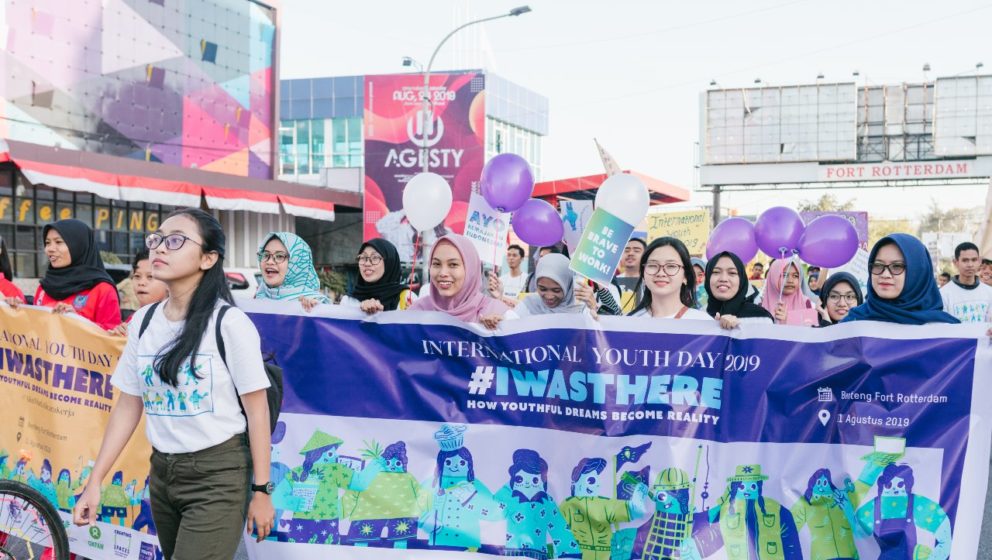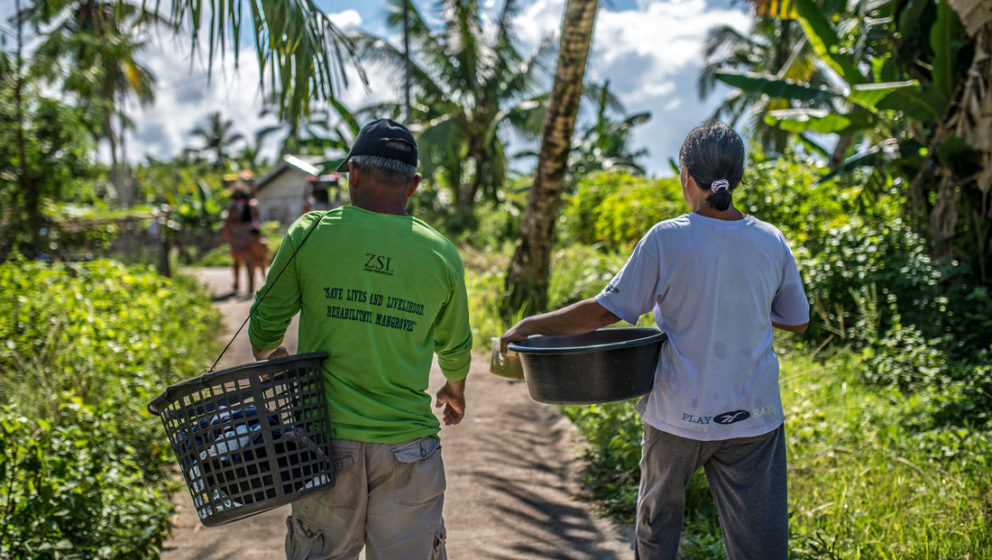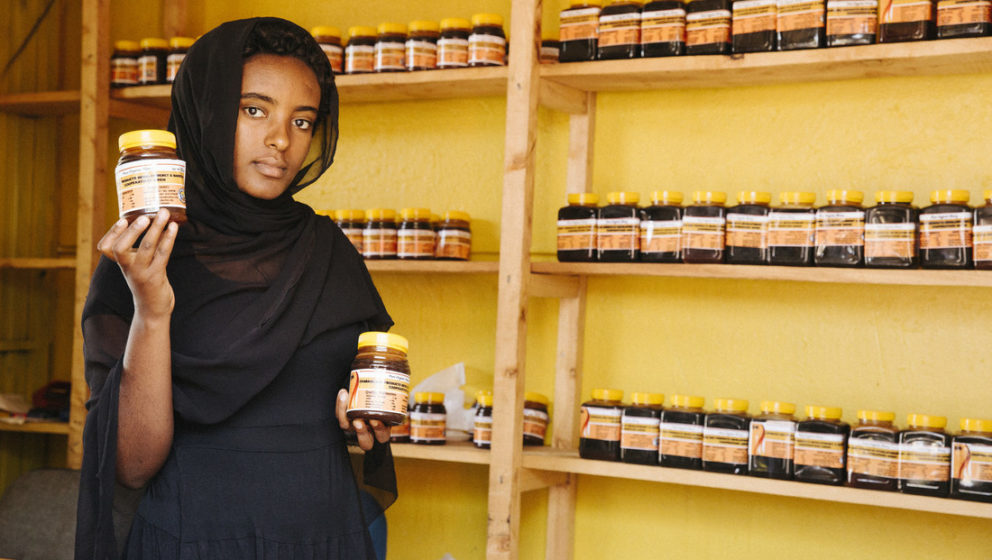Women’s Economic Empowerment
Scroll to explore or go to related resources
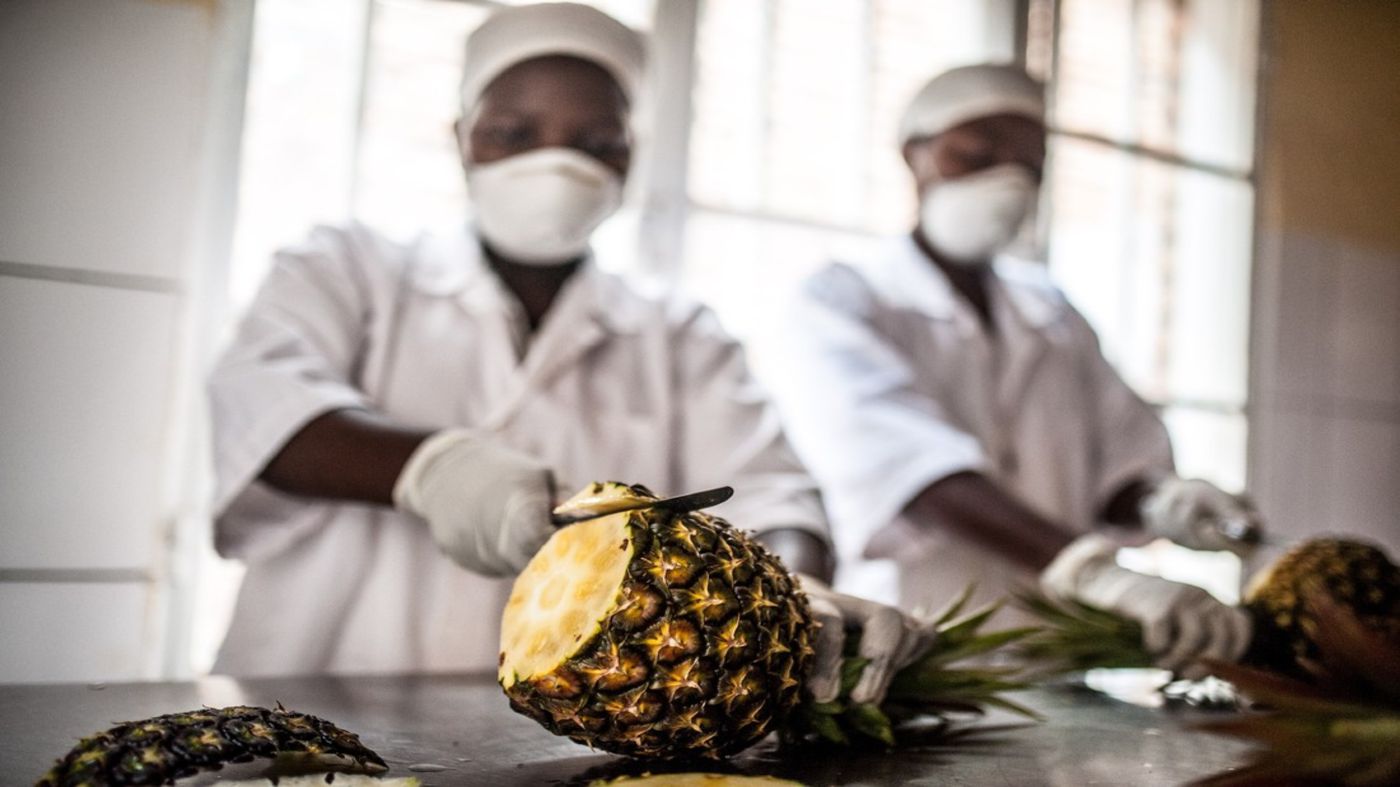
At a glance
Seeking to change economic models so that women’s paid and unpaid work is valued and their rights and voices are stronger
Women’s economic empowerment (WEE) is critical to women’s ability to move out and stay out of poverty. It is fundamental to women’s ability to enjoy all other human rights and is directly linked to gender justice, racial justice and transformation of economic systems.
Women’s unpaid and paid work is undervalued. We work to influence governments and private sector to shift these social norms and policies. Women are stuck in precarious jobs, with limited access to decent work. We work towards women gaining more power in markets and more agency from their employers. And finally, we work towards a caring economy where heavy and uneven care work is not the norm and we better value all of women’s work.
Our programmes work with carers, producers, collectives, entrepreneurs, community leaders and suppliers, focusing on:
- inclusive markets
- enterprise development
- financial inclusion
- fiscal inequality
- unpaid care
- decent work
Find out more about some of our programmes that focus on WEE.
Become part of the WEE Knowledge Hub
Subscribe to the WEE Knowledge Hub Gender newsletter and connect directly with the work of our country teams working on women’s economic empowerment
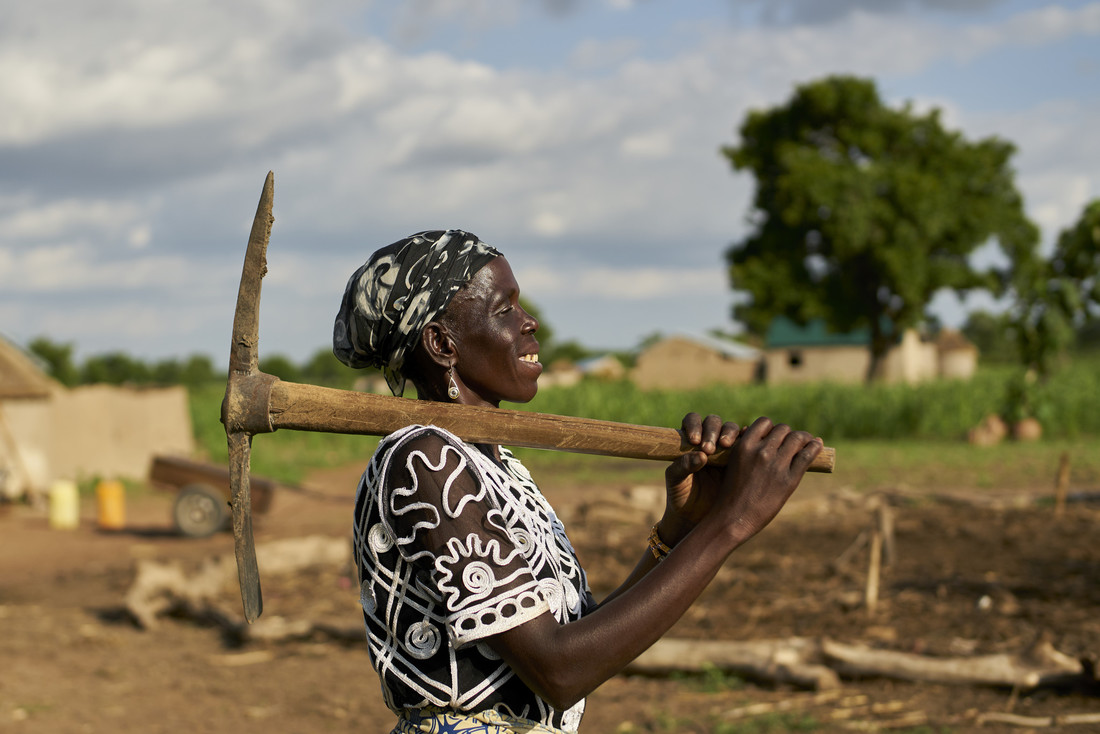
Oxfam’s Conceptual Framework on Women’s Economic Empowerment

Gender-Responsive Budgeting in Agriculture in Ethiopia

Gender-responsive Budgeting in Tanzania

Social Norms Diagnostic Tool: Young Women’s Economic Justice

Photo captions and credit
Pineapples are peeled at the Tuzamurane pineapple cooperative processing plant in Eastern Rwanda, Kirehe District. Aurelie Marrier d’Unienville / Oxfam

